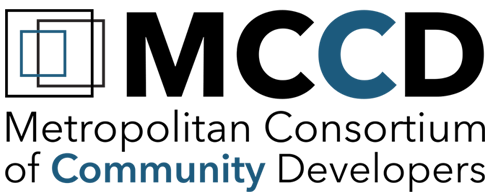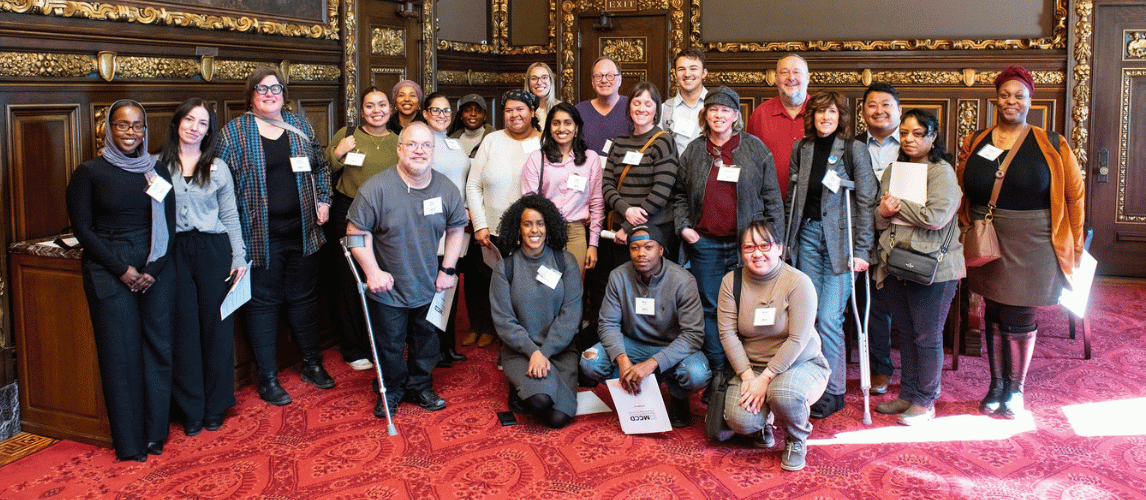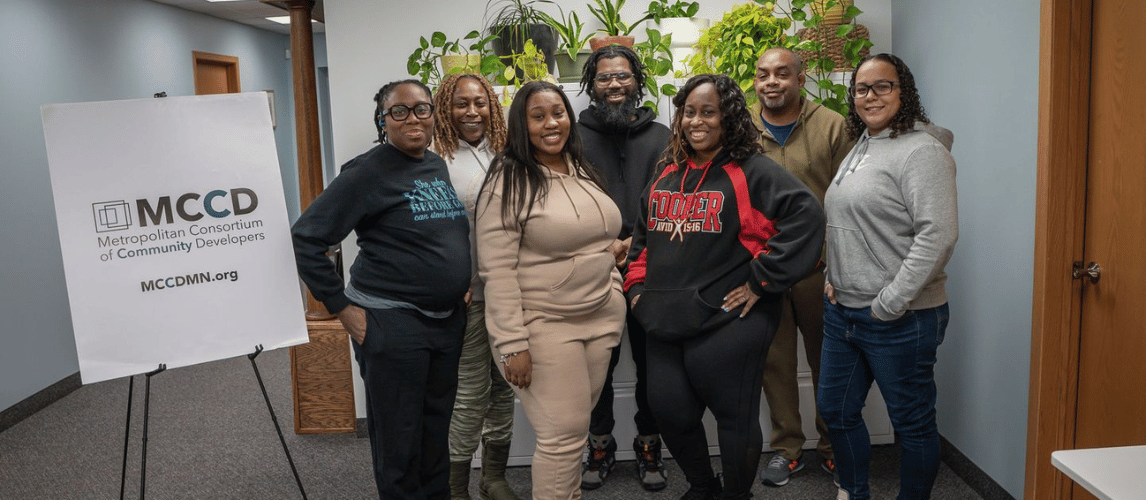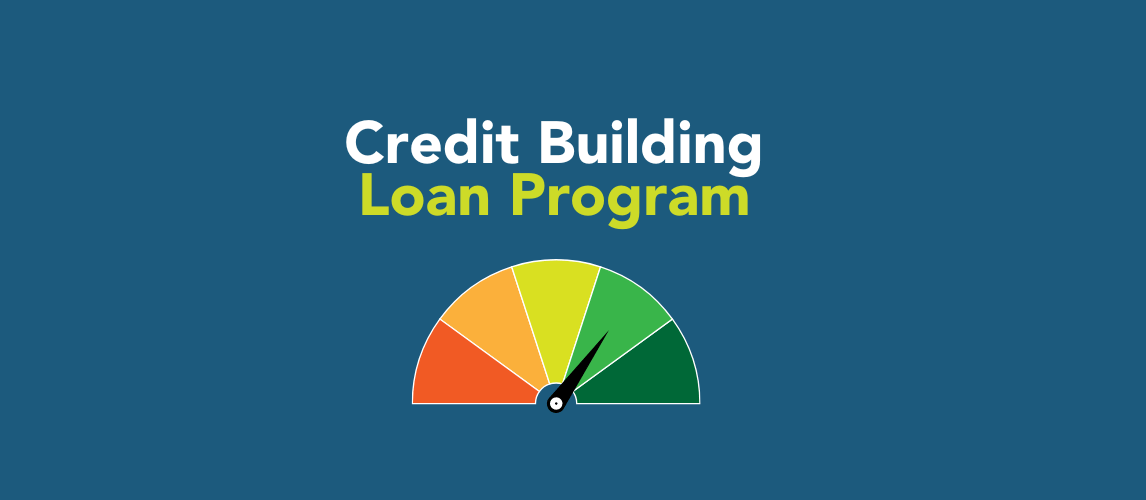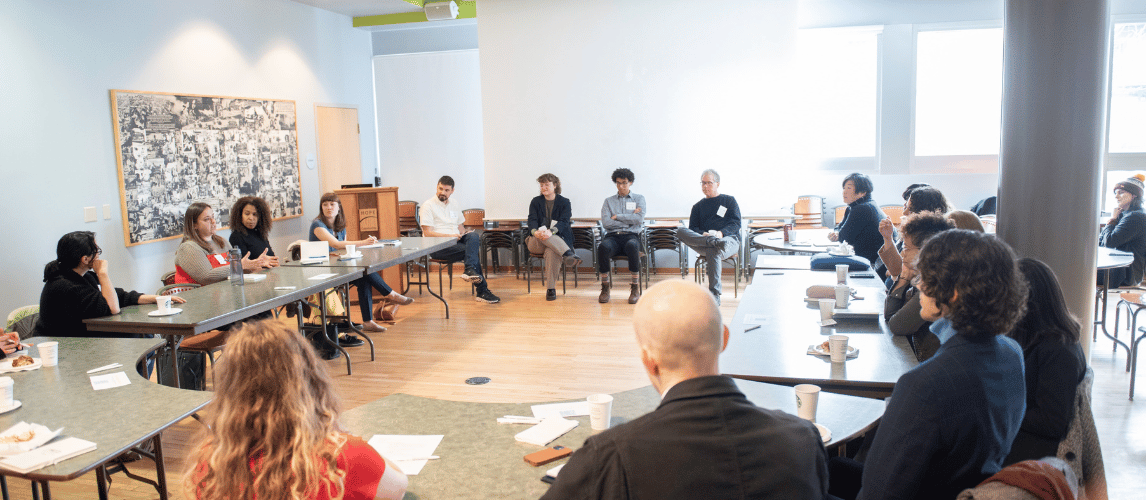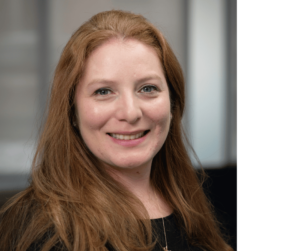By: Kari Johnson & Kelly Law
The Minnesota state legislature wrapped up its work by 11:59 pm on Sunday, May 19, 2024. It will be remembered as one of the most chaotic endings to a legislative session in Minnesota history. You can read about the details on MPR.
Generally, during the even-numbered years of the two-year biennium, the legislature focuses on passing policy provisions, supplemental budget items, and capital investment for public infrastructure projects. MCCD’s legislative agenda was heavily focused on economic development policy, but we were also seeking substantial ongoing investments in affordable housing. Read more about what passed and what didn’t.
Economic Development
Economic Development Final Bill Language
The Economic Development and Jobs Committees received a small $1 million budget target, but there have been some changes and cancellations of funding allocated in 2023 that are resulting in roughly $5 million in additional funding expenditures going to fund some direct appropriations for mostly workforce organizations. MCCD’s policy items focused on our DEED Programs Review working group are in both the House and Senate Omnibus Bills.
Policy Changes that passed and will impact the Emerging Entrepreneur Loan Program, Expanding Opportunity Growth Fund, Community Wealth Building Pilot Program, and the Small Business Assistance Partnership Program. We will be working with DEED over the summer and fall to ensure that these changes take effect as soon as possible. We expect to ask for funding increases for these programs during the 2025 legislative session.
- Fee-based lending addition for the Emerging Entrepreneur Loan Program (ELP), Expanding Opportunity Growth Fund, and the Community Wealth Building Pilot.
- 10% interest rate cap for the Emerging Entrepreneur Loan Program (ELP), Expanding Opportunity Growth Fund, and the Community Wealth Building Pilot.
- Eligibility clarification that tribal economic development entities and Community Development Financial Institutions (CDFIs) are eligible to access these programs.
- Streamline the underwriting process for the Emerging Entrepreneur Loan Program by removing duplicative underwriting for certain partner organizations.
- Free technical assistance policy change will adjust the Small Business Partnership Program so that the grant can only be used to provide free technical assistance.
- Incorporate automatic loan forgiveness for borrowers in good standing for the Emerging Entrepreneur Loan Program (10%) and the Community Wealth Building Pilot (15%).
- 15% admin allowance for grantees of the Small Business Assistance Partnership Technical Assistance Program.
- 1% loan closing fee from DEED to help support administrative costs associated with loan closing and servicing for the Emerging Entrepreneur Loan Program and the Expanding Opportunity Growth Fund.
Affordable Housing
Housing Final Funding Spreadsheet
Following last session’s remarkable $1.5 billion investment in housing, housing had a much smaller budget target of only $10 million this session. Below, you will find some of the housing provisions that MCCD worked on or supported.
Housing Infrastructure Bonds – $50 million
- MCCD led efforts to secure new resources in Housing Infrastructure Bonds. This new investment will help ensure that new development of critically needed affordable housing can continue, while also working to ensure that we preserve our existing affordable housing.
- Expanded eligible uses in HIBs to include, for the first time, the development of cooperatively owned affordable housing.
- MCCD advocated for $500 million in HIBs this session, and we are disappointed that the allocation did not match the very clear need. We will continue to fight for additional investments in HIBs and other housing programs going forward until every Minnesotan has access to a safe and affordable home.
Housing Affordability Preservation Investment Program – $50 million
- This vital new program will support the recapitalization of distressed affordable housing properties, preserving state-funded affordable housing assets and ensuring that families currently stably housed can remain in their homes.
Emergency Rental Assistance – $8.1 million
- The Family Homeless Prevention and Assistance Program will receive $8.1 million for the biennium.
- These crucial dollars will ensure that Minnesota families remain stable in their housing and will decrease the number of evictions that Minnesota families face.
Task Force on Long-Term Sustainability of Affordable Housing
- This task force will bring together experts from across the sector to study the financial health and stability of affordable housing providers and to provide recommendations to the Minnesota legislature to promote long-term sustainability to prevent the loss of affordable units and promote housing security for renters.
- MCCD was named as an appointee for the task force and will appoint two members with experience operating affordable rental housing.
Metro Sales and Use Tax for Housing
- MCCD supported efforts to clarify in statute that funds from the new Metro Sales and Use Tax will be used as an additional resource, rather than to replace current sources of funding.
- We also supported clarifying that funds from the tax can be used to finance the operations and management of financially distressed properties, supportive services or staff of supportive services providers, and the costs of operating emergency shelter facilities.
Minnesota Cooperative Housing Act (308C)
- This bill creates a new 308C cooperative housing statute that consolidates housing cooperative incorporation and governance under one statute. The purpose of this new chapter is to provide new housing co-ops with a standardized framework for development and to support the enabling environment for co-ops.
What Did Not Pass This Session
Source of Income Protections
- Despite broad majority support and 20+ other states passing protections for renters from the source of income (SOI) discrimination, Senator Ron Latz made it clear that he would not vote for a bill that contained SOI protections. Therefore, SOI protections did not make it into the final bill. MCCD will continue to advocate that all Minnesotans have access to housing that is safe and affordable, regardless of their source of income.
Housing Cooperative Package
- MCCD also looks forward to continuing advocacy efforts to support the development of affordable housing cooperatives. This session, we introduced two new programs: the Affordable Housing Cooperative Technical Assistance Fund, and the Affordable Homeownership Cooperative Down Payment Assistance Fund. Given the extremely limited budget for housing this session, we were unable to move the programs forward, however, we received extremely positive feedback, and we know that, once enacted, these programs will support the enabling environment for housing cooperatives and serve as a tool for generational wealth-creation.
Land Use Regulation Changes
- At the beginning of the 2024 legislative session, there seemed to be a lot of hope for passing a bipartisan, cross-sector supported land use and zoning changes reform package. Unfortunately, the bill did not make it across the finish line due to decreasing lawmaker support from the suburban metro districts. You can read more about here.
Cannabis Business Development Changes
- MCCD saw an opportunity to help bring forth some changes to the cannabis business development programs this legislative session. We were focused on getting more admin support for organizations interested in cannabis lending, higher loan allowances for social equity applicants, and flexibility in the application process for new subsidiary entities of existing DEED partners. While these changes did not pass this year, DEED is preparing to launch the programs and is currently seeking input from organizations.
- The Minnesota Department of Employment and Economic Development (DEED) and Office of Cannabis Management (OCM) are seeking public input on the development of four new state programs for the legal cannabis industry: CanGrow, CanNavigate, CanStartup, and CanTrain. These four new programs were created to support a social equity-focused cannabis industry that supports small, independent businesses in Minnesota. DEED and OCM want to center community expertise in the design of these programs so they will meet the state’s needs.
- To accomplish this, DEED and OCM have launched a Request for Information (RFI) to invite input from the community. Please provide your feedback in this Request for Information (RFI) survey form to help guide the state as they develop the priorities for the grant and loan programs by June 14.
We are thrilled about the many provisions in both the economic development and affordable housing bills that we have been championing. The potential impact of these investments on Minnesotans statewide is incredibly exciting.
We are deeply grateful for the unwavering support from our members and community partners and can’t wait to collaborate throughout the year to shape policy and funding initiatives for the next legislative session. Stay tuned, and we encourage you to join our member meetings and events to actively influence our priorities!
Hope to see you on June 13 as we celebrate the 2024 legislative session!
